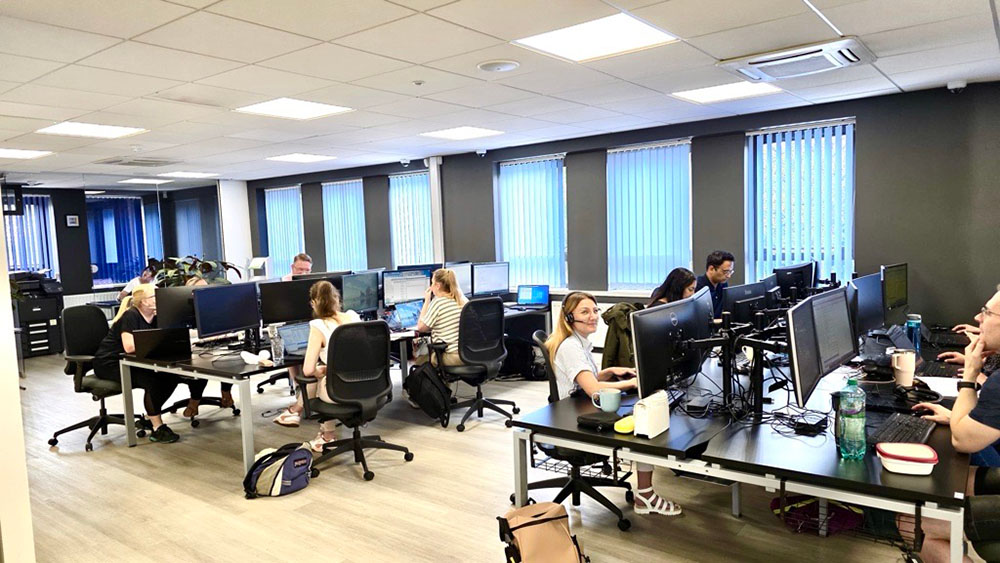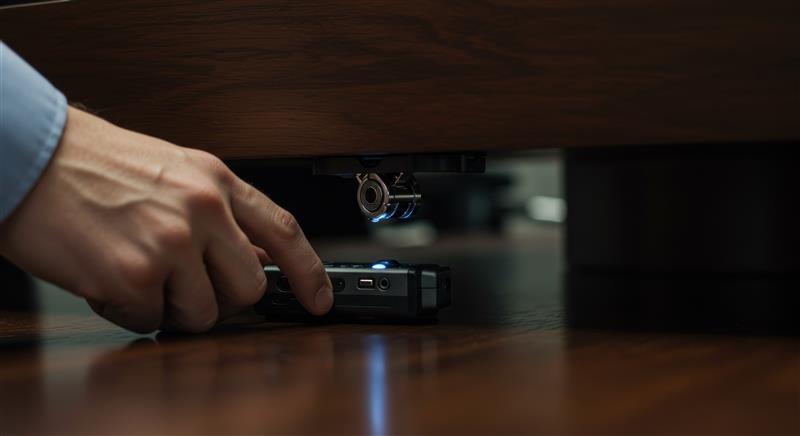The use of artificial intelligence (AI) is an ever-increasing focus across almost every industry. This is especially true in law, where attention has been heightened further from AI’s misuse in a recent court case.
In fact, there have been a number of instances where the use of AI has led to inconsistencies and outright false information being presented in cases – prompting the court to remind practitioners in law of their duties in checking all of their material.
In this article, Optimal’s Legal Director, Chris Germaine breaks down his thoughts on the current state of play with AI in law, exploring its present-day risk and limitations – as well as its benefits and future opportunities for practitioners and the public alike.
AI in litigation and legal research
“ChatGPT and the like are not capable of conducting reliable legal research. Such tools can produce apparently coherent and plausible responses to prompts, but those coherent and plausible responses may turn out to be entirely incorrect.”
This quote comes from the recent case of Frederick Ayinde -v- The London Borough of Haringey. The purpose of this judicial review was simply to investigate the local council’s decision not to provide Mr Ayinde with emergency housing. However, the case ended with allegations of improper conduct and Ayinde’s legal team being forced to pay for wasted costs, after it was discovered that part of their evidence contained false citations that arose from the team’s unchecked use of AI.
A quick analogy: If you roll a dice, you’re going to land on numbers 1 through 6. AI as it currently stands could give you a 7, an 8 or a 9. It doesn’t know the limits and it’s not yet good enough to understand what is and isn’t a number that falls on a dice. From a research point of view, it’s throwing up materials that can be completely and utterly fictional – like in the case of Mr Ayinde. It cannot differentiate between what is right and what is wrong… at the moment.
Notwithstanding the role AI plays in legal research and supporting case materials, the courts have advised lawyers to double check and cross reference everything. Not solely to protect the integrity of the case, but to protect the clients that have invested time, money, trust and mental energy in legal services. In North American jurisdictions, a judge will normally ask ‘Have you created this argument through using artificial intelligence?’ – but we’re not quite there in the UK yet.
Future potential vs present limitations
There was a television series called Blake 7 that I used to watch in my teens. In the first or second episode, there was a court case involving the main protagonist where the prosecution presented their data, and the defence did the same. They both inputted it into a computer that instantly decided that he was guilty. I think that’s ultimately where we’re going. Where opposing intelligence systems create cases and defences that we actually trust – but we’re a long way from that ‘end point’.
Case study: When a simple offence required a nuanced approachAs we’ve discussed, AI doesn’t know its limits or what is good and bad, yet. But crucially, law isn’t all black and white. In 1999, Alex Ferguson was stopped by a police officer for illegally driving on a motorway hard shoulder. Despite being caught and admitting to the offence, he was found not guilty due to a lavatory emergency. This was backed up by his club doctor as part of his defence, who Ferguson visited that same morning with symptoms of acute gastroenteritis. The point is, there are nuanced human elements with every case, so we have to be careful about what we rely on AI to create. An oversight of the emotional aspect of a scenario could decide the case. In Law school, we’re asked to look at the judgment that disagrees with everybody else rather than the one that agrees with the majority. We’re also trained to spot honesty and dishonesty in court. AI isn’t ready to identify and consider these human elements yet. |
We should always caution against wholesale reliance on something created by AI. With any research, you’ve got to identify and verify your sources. In science, peer-reviews must take place before any certainty can be given over a result. This is where we currently stand with AI when asking it to create a legal argument or conduct research for us.
Other AI use cases in law
- Document creation
Take lease agreements, for example. Different countries have different terms of legalities or policy. When asking AI to draft these, it’s been known to include clauses that are incorrect for that particular jurisdiction. Again, the limit here is the contextual knowledge of AI and the need for verification, otherwise you could end up with a document that’s either unenforceable or perhaps even illegal. At present, there is no substitute for proper legal advice when creating your own documents or agreements. - Client correspondence
It’s easy to spot when AI has been used due to its formulaic manner and tone. However, it also often leads to large gaps and key information being missed. Here, we often have to second guess the meaning, and it can not only feel disingenuous as a recipient, but it takes more time to analyse. This can lead to higher costs for those clients being charged on an hourly basis. - Analysing documents
An increasingly common AI use case is analysing incoming mail and documents. Not to completely cut out the equation of a lawyer, but to give us a summary of what might be in that communication. This can be extremely useful for cutting down lengthy work and saving time.
Case study: When AI could have saved significant timeFor example, when I was a junior lawyer there was a case where we were acting on behalf of an insurer who needed to prove what was in a superstore when it burnt down. We had boxes of documents that were either order forms for replacements or receipts for what was already there. This took our team a whole week to rifle through. Now, you could scan that, request AI to quickly match and identify documents, and spend very little time glancing at the results to find the correct information. Again, it’s not a total substitute for the input of a lawyer, but it cuts out the manual labour required to get to that point of valuable human intervention where any discrepancies can be identified. |

Optimal’s AI journey
One of our first trials with AI was to translate documents for foreign clients. Although not always 100% accurate, AI gave us the gist from which we could refine the output in considerably less time than it would take to translate manually. We then experimented with creating and analysing tone of voice, however, we felt that emotion is too nuanced to trust AI’s ability to provide accurate results – for now.
This takes us back to the dice analogy. For many elements of law, a certain output is essential – a seven just won’t do. That being said, technology moves at a rapid pace, and we’re already leaps and bounds ahead of the kinds of AI capabilities we were seeing even two years ago. AI’s credibility in the industry was tarnished by the poor quality of those early iterations, so it’s going to take some time to fully trust again.
In my opinion, it will get there within a decade or so, when the question from the courts might well be “Why haven’t you researched this with AI?”
Advice for potential clients using AI
For the time being, there’s absolutely no substitute for proper legal advice. If you’ve created a document, an agreement or even attempted to go about formulating your own case with AI, always get it checked out by a lawyer. False comfort is dangerous when it comes to legal cases, where defences are ruthless and the courts are sticklers for accuracy.
A trained solicitor can engage with you, simplify the complexities, outline the potential downfalls and most importantly, identify any incorrect or damaging information that can affect your case. It costs more to unravel a mess than it ever does to approach it properly in the first place.
Make the Optimal choice for your claim
Remember, AI is not ready to be utilised in a definitive and wholly reliant way in law. In many cases, as used by Optimal, it’s extremely useful for saving time and getting to a jump-off point from which legal experts can take the reins and apply their advanced expertise to your unique needs. Our team can also provide the emotional support, empathy and understanding that is often invaluable for seeing cases through during what could be a highly stressful time – that’s something no AI software or robot can give you.
Our solicitors are trained to act with your future as a priority. We’ll assess your personal injury, family matter, or other dispute leaving no stone unturned. Then, we’ll fight only for the maximum compensation or best outcome that enables you to move forward with your life in the most hassle-free way possible. That’s our human touch, and why we are the Optimal choice.
To find out more about how we can help, please don’t hesitate to contact us today.



